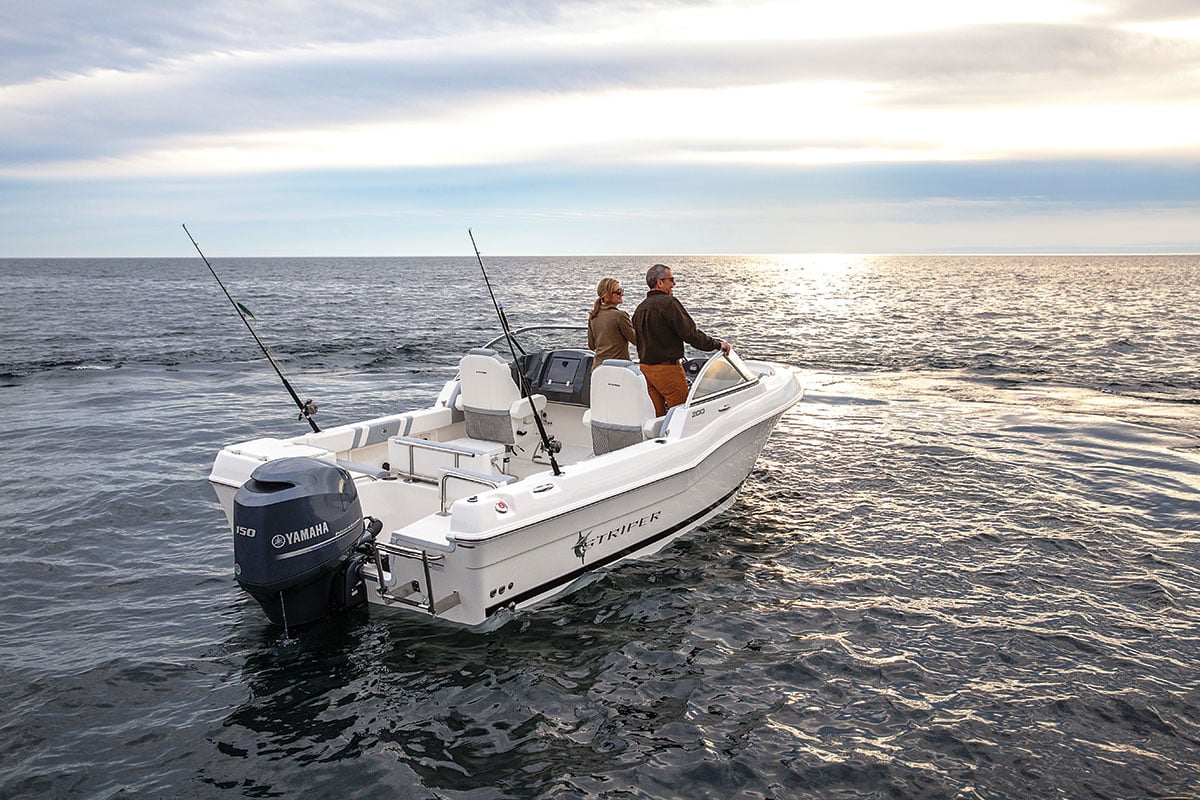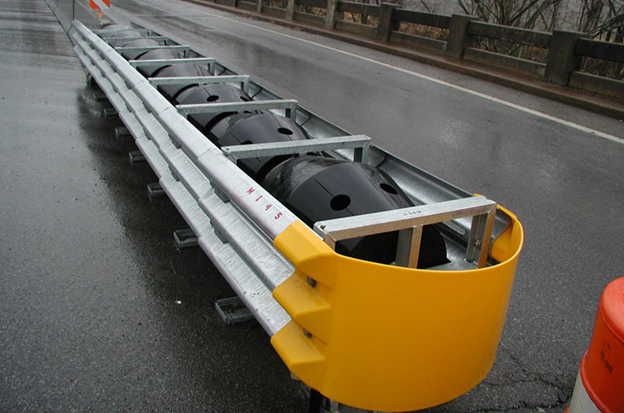Purchasing your first boat can be an exciting, yet overwhelming, experience. Whether you’re planning to cruise the coastline, enjoy leisurely days on the water, or dive into the world of competitive sailing, the process of choosing the right boat is full of considerations. From determining your needs to navigating the buying process, here’s a comprehensive guide on what you need to know when buying your first boats in dover.
1. Determine Your Budget
The first and most important step in purchasing a boat is setting a realistic budget. While it’s easy to get caught up in the allure of luxury yachts or sleek sailboats, you need to understand the full financial commitment involved. Beyond the initial cost of the boat, there are ongoing expenses such as:
- Insurance: Depending on the size and value of your boat, insurance can cost anywhere from a few hundred to several thousand dollars a year.
- Docking/Storage: Marinas or storage facilities charge fees based on the boat’s size and location. These can add up quickly, especially in popular boating areas.
- Maintenance: Boats require regular upkeep. From cleaning to engine checks, the maintenance costs will vary depending on the type of boat and its age.
- Fuel and Operating Costs: Whether you’re powering up a motorboat or maintaining sails, you need to factor in fuel and any associated operational costs.
Set your budget with these ongoing expenses in mind, ensuring you can comfortably afford not just the boat itself, but its upkeep and maintenance too.
2. Choose the Right Type of Boat for You
There are many different types of boats, and choosing the right one will depend on how you intend to use it. Here are some common categories:
- Sailboats: Ideal for those who enjoy the serenity and challenge of sailing. Great for long-distance cruising, racing, or simply spending peaceful days on the water.
- Motorboats: Perfect for those who want speed, ease of use, and versatility. Ideal for activities like water skiing, wakeboarding, or fishing.
- Pontoon Boats: Known for their stability and comfort, pontoon boats are excellent for social gatherings, leisurely cruises, and even light fishing.
- Fishing Boats: These can range from small, basic vessels to larger, more complex boats with specialised equipment.
- Yachts: If you’re seeking luxury and comfort, yachts offer high-end amenities and are great for extended cruising, entertaining, or living aboard.
Consider how you plan to use the boat, how often you’ll be on the water, and how much experience you have with boating to choose the type that best suits your needs.
3. Decide on New vs. Used
When buying a boat, you have the option of purchasing new or used. Each has its pros and cons:
- New Boats: Buying new means you get the latest technology, factory warranties, and a boat in pristine condition. However, new boats can be more expensive and depreciate in value quickly.
- Used Boats: Buying used is often more affordable, but you’ll need to carefully inspect the boat for potential issues like wear and tear, rust, and engine problems. It’s essential to get a surveyor to check the boat’s condition before finalising the deal.
If you’re new to boating, a used boat can be a great way to start without committing too much financially. But be prepared to invest time in inspecting the boat and ensuring it’s seaworthy.
4. Do Thorough Research
Before committing to a boat, do extensive research. Look into the boat’s specifications, brand reputation, and customer reviews. Some boats are known for their durability and performance, while others may have a reputation for requiring frequent repairs.
Here are some key factors to research:
- Brand reputation: Certain brands are known for quality and longevity. Look for reviews from other boat owners and professional assessments.
- Safety features: Especially for new boaters, ensure that the boat has the necessary safety features such as life jackets, flares, a fire extinguisher, and a first-aid kit.
- Resale value: While it might not be your main priority, it’s always worth considering how easy it will be to sell the boat down the line.
By thoroughly researching, you can make an informed decision and avoid potential headaches in the future.
5. Get a Boat Surveyor
If you’re buying a used boat, hiring a professional surveyor is highly recommended. A marine surveyor will inspect the boat thoroughly for any potential problems that could cost you down the line, from engine issues to structural damage. They can also provide you with a detailed report, which will help you decide if the boat is worth the asking price.
If you’re buying a new boat, a surveyor isn’t necessary, but it’s still important to have a trusted mechanic check the boat’s systems before finalising the purchase, particularly for more complex vessels like yachts.
6. Test the Boat
Always test the boat before buying. If possible, take it for a sea trial. This allows you to get a feel for how the boat handles, the performance of the engine or sails, and how comfortable it is in the water. A sea trial is the best way to uncover any hidden issues that may not be apparent during the initial inspection.
During the trial, check for:
- Smooth handling: Does the boat respond well to steering, and does it maneuver easily in the water?
- Engine performance: Is the engine running smoothly, without unusual noises or issues?
- Comfort: Do the seats and deck space feel comfortable and functional for your intended use?
The sea trial is your opportunity to ensure the boat is exactly what you want.
7. Review the Paperwork and Ownership Transfer Process
Once you’ve selected your boat and completed a sea trial, it’s time to review the paperwork. This typically includes:
- Bill of Sale: A formal document stating the terms of the purchase.
- Title Transfer: Make sure the boat’s title is transferred to your name and there are no outstanding liens.
- Registration: Boats need to be registered with the appropriate authorities. Ensure you complete all necessary paperwork to legally operate your new vessel.
Be sure to double-check all documents to avoid any future legal or ownership issues.
Conclusion
Buying your first boat is an exciting milestone, but it requires careful consideration and planning. By setting a realistic budget, researching boat types, deciding between new and used, and working with professionals, you can make a confident decision that sets you up for years of enjoyment on the water.
With the right boat, you’ll be ready to create unforgettable memories, whether you’re cruising the open seas or enjoying a calm afternoon on the lake. Happy boating!





